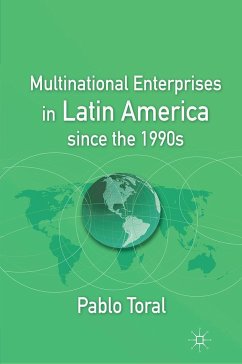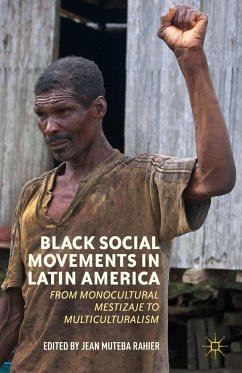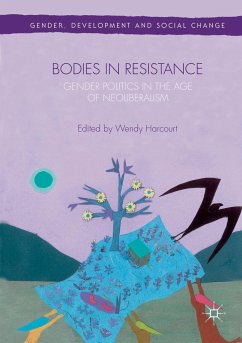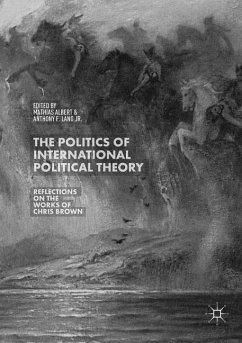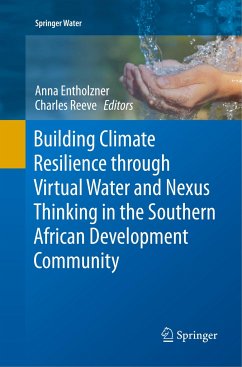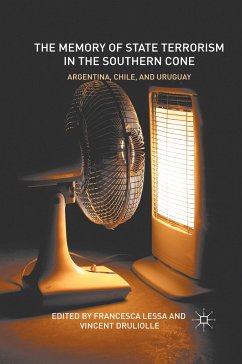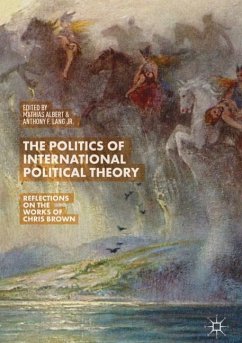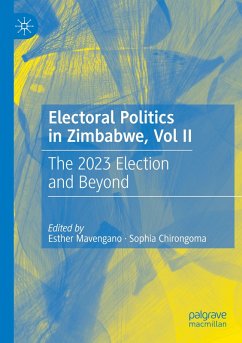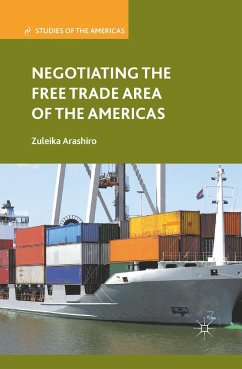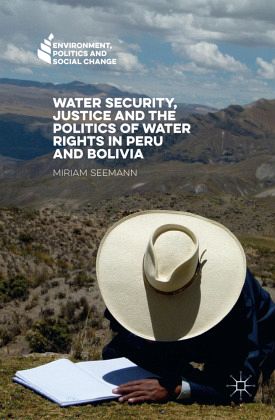
Water Security, Justice and the Politics of Water Rights in Peru and Bolivia
Versandkostenfrei!
Versandfertig in 6-10 Tagen
38,99 €
inkl. MwSt.
Weitere Ausgaben:

PAYBACK Punkte
19 °P sammeln!
The author scrutinizes the claim of policy-makers and experts that legal recognition of local water rights would reduce water conflict and increase water security and equality for peasant and indigenous water users. She analyzes two distinct 'top-down' and 'bottom-up' formalization policies in Peru and Bolivia - neoliberal the former, indigenist-socialist the latter. The policies have intended and unintended consequences and impact on marginalized peasants and the complex inter-legal systems for providing water security on the ground. This study seeks to debunk the official myth of the need to...
The author scrutinizes the claim of policy-makers and experts that legal recognition of local water rights would reduce water conflict and increase water security and equality for peasant and indigenous water users. She analyzes two distinct 'top-down' and 'bottom-up' formalization policies in Peru and Bolivia - neoliberal the former, indigenist-socialist the latter. The policies have intended and unintended consequences and impact on marginalized peasants and the complex inter-legal systems for providing water security on the ground. This study seeks to debunk the official myth of the need to create state-centric, top-down legal security in complex, pluralistic water realities. The engagement between formal and alternative 'water securities' and controversial notions of 'rightness' is interwoven and contested; a complex setting is unveiled that forbids one-size-fits-all solutions. Peru's and Bolivia's case studies demonstrate how formalization policies, while aiming to enhance inclusion, in practice actually reinforce exclusion of the marginalized. Water rights formalization is certainly no panacea.



